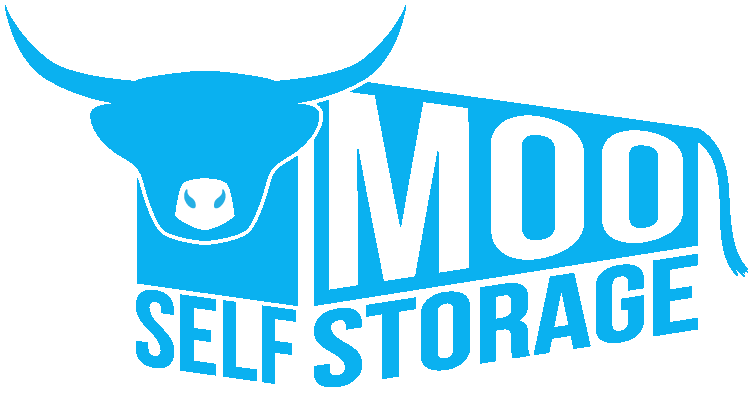What can’t you store in one of our units?
Self storage offers a secure, flexible way to store your belongings, whether you’re moving house, running a business or simply decluttering. But when it comes to what you can store… there are a few important limits that you should take note of. So, what can’t you store in storage?
From safety risks to legal regulations, some items are strictly off-limits in self storage units. This guide will walk you through exactly what’s not allowed — and why — to help you store smarter, avoid issues and keep your unit safe and compliant.
What Can’t You Store in Storage?
All reputable storage facilities in the UK have a list of restricted items. These rules exist for good reasons — mostly to protect you, other customers and the facility itself from harm.
Why Are Some Items Prohibited?
There are three main reasons certain items are not allowed:
- Safety: Some items pose fire hazards, explosion risks or can cause environmental damage (e.g.: petrol or paint thinner).
- Legal Compliance: Storing illegal or stolen goods violates the law and can lead to criminal charges.
- Liability Issues: Items like perishables or live creatures may cause damage to neighbouring units, void insurance or put health at risk.
Ultimately, MOO Self Storage wants to ensure a safe, reliable experience for all customers — and following these guidelines helps make that possible.
Items Not Allowed in Storage Units
Wondering what’s on the no-go list? Let’s break it down.
Hazardous Materials and Flammable Goods
These items are banned as they pose a fire risk, can be an explosion hazard and fall into the realm of insurance restrictions.
- Paint thinner and solvents
- Fireworks or explosives
- Industrial chemicals or cleaning products
- Batteries with liquid electrolyte
These hazardous materials can ignite or leak, putting the whole storage facility (and your belongings) at risk.
Perishable or Wet Items
These items can spoil, rot or attract unwanted pests.
- Perishable food items (meat, dairy, fruit)
- Plants or soil
- Wet appliances, laundry or gear
- Liquids that could spill or leak
Wet items can cause mould and mildew, and perishable food items attract rodents, bugs and bacteria — a health risk for everyone.
Illegal or Stolen Property
Storing these items isn’t just risky — it’s illegal.
- Stolen property
- Weapons or ammunition
- Counterfeit goods or contraband
- Drugs or controlled substances
Stolen property and illegal goods could lead to police involvement, unit seizure and criminal prosecution. These items are prohibited under law.
Living Creatures and People
Yes, it needs to be said — neither you nor your pets can’t live in a self storage unit!
- Pets or animals (even temporarily)
- Humans (sleeping, working or living in a unit)
Aside from the legality, storing living things poses serious hygiene and safety issues. A storage unit is not a habitable space.
What Not to Store in Self Storage: A Quick Recap
Need a quick list to refer to? Here’s a handy checklist of what not to store in self storage:
- Flammable or hazardous materials
- Perishable or wet items
- Illegal or stolen goods
- Live animals or humans
- High-value, sentimental items
Following these rules helps protect your belongings in the storage facility and everyone else’s!
What Happens if You Store Prohibited Items?
If you store a prohibited item in storage, it can have serious consequences:
- You may violate your rental agreement
- Your insurance may be void
- The storage company may access and remove the item
- You could face legal action or eviction
- You put other customers and their items in a self storage unit at risk
Always err on the side of caution. If you’re not sure whether you can store an item in a self storage unit, just ask one of our friendly team members for assistance.
Tips for Safe Storage
Choose the Right Storage Unit
Some items — like electronics, wine or art — need special care. When storing fragile items like these, we would recommend choosing a climate-controlled storage unit. They are specially designed to safeguard your belongings against damp, heat and freezing temperatures.
Ask Your Storage Company for Help
Got something unusual? Unsure if it’s safe to store? Speak to us before you move in.
If you have any other run-of-the-mill questions, check out our FAQ section for quick answers.
Business Customers: Know the Rules
If you’re a business customer storing stock or equipment, it’s especially important to check that you’re in line with the guidelines.
For example, retailers can’t store perishable goods, tradespeople may not be able to store chemicals, and documents should be kept in secure, dry conditions.
